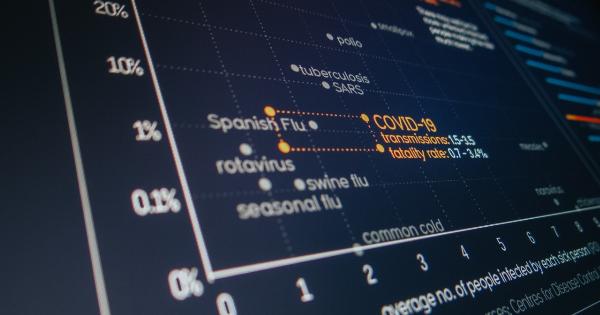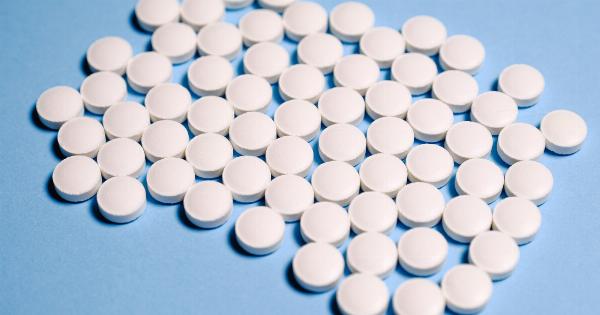The outbreak of COVID-19 has been a cause of concern globally since its emergence. The virus belongs to the coronavirus family, which is known for its zoonotic potential.
This new strain, SARS-CoV-2, has a specific mechanism of entry into host cells known as koronevasion that has an association with the neurodegenerative disorder Parkinson’s.
What is koronevasion?
As the name suggests, koronevasion is a process used by coronaviruses to evade host immune response.
It’s the process by which the virus binds with the host cell receptors like angiotensin-converting enzyme 2 (ACE2), followed by fusion of the virus envelope with the host cell membrane, leading to the entry of the virus into the host cell. Studies have shown that the entry of SARS-CoV-2 to the central nervous system (CNS) is facilitated by ACE2-expressing cells within the olfactory mucosa, which ultimately leads to neurotropic effects.
Parkinson’s and its association with coronavirus
Parkinson’s is a neurodegenerative disorder caused by the loss of dopaminergic neurons in the substantia nigra region of the brain.
Clinical evidence has shown that viral infections can be responsible for the aggravation of Parkinson’s symptoms, but an association with SARS-CoV-2 is yet to be established. The virus has been found to have a neurotropic effect and a possible mechanism of progression, leading to neurodegeneration.
Recent studies have suggested that the virus can cause Parkinson’s through inflammation, neurodegeneration, and metabolic changes in the brain, induced by viral infection.
Neuroinflammation
The immune response of the CNS to SARS-CoV-2 is still not well-understood, but it has been suggested that it may promote neuroinflammation.
The overactivation of immune cells such as microglia within the CNS can contribute to neurodegeneration, including Parkinson’s.
It has been reported that the cytokine storm caused by SARS-CoV-2 results in an upregulation of pro-inflammatory cytokines and chemokines, leading to increased levels of inflammatory mediators, previously identified as risk factors for Parkinson’s.
Neurodegeneration
The potential neural consequences of SARS-CoV-2 infection can be considerable, considering the neurotropic properties of the virus.
Recent reports have suggested that the virus can cause damage to central nervous system cells, resulting from neurodegenerative processes.
A study has identified the increase of alpha-synuclein protein levels, a hallmark protein responsible for Parkinson’s disease, in the CNS of COVID-19 infected individuals, which complements the possibility of the virus causing neurodegeneration.
Metabolic changes in the brain
The CNS has a high metabolic demand and is a prime target in the face of viral infection. When infected with SARS-CoV-2, it has been observed that the glucose transporter protein in the brain cells decreases.
Brain cells require an adequate supply of glucose to function and provide energy. The decrease in glucose uptake leads to a dysfunctional mitochondria process known as mitophagy, contributing to the process of neurodegeneration. Conversely, dysfunctional mitochondria are a factor in Parkinson’s disease development.
Conclusion
The neurotropic effect of SARS-CoV-2 infection contributes to the progression and development of Parkinson’s.
The koronevasion mechanism used by the virus leads to neuroinflammation, neurodegeneration, and metabolic changes in the brain, which are all features of Parkinson’s disease. Although it’s yet to be established, SARS-CoV-2 could potentially worsen Parkinson’s symptoms in individuals suffering from the disorder.
This highlights the need to monitor the progression of symptoms in such individuals who become infected. In light of the current pandemic, the relevance of studies focusing on neurological consequences of COVID-19 is essential, and we need to develop potential therapeutic strategies for individuals with Parkinson’s, infected with SARS-CoV-2.































